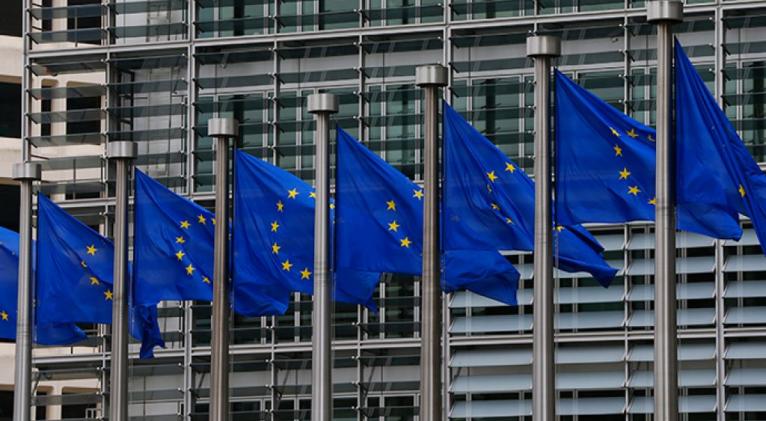‘Ukraine crisis: part of US Transatlantic community plan’
especiales

US Vice President Joe Biden in his speech to Harvard University's Institute of Politics last week admitted that the US government pushed the EU to impose sanctions on Russia over the Ukrainian crisis, while Europe was opposed to such a step.
“It was America’s leadership and the President of the United States insisting, often times almost having to embarrass Europe to stand up and take economic hits to impose costs,” Biden said.
The sanctions, first against individual politicians and businessmen, and then against banking, energy, and defense sectors, resulted in huge losses for EU economies, as well as provoking countermeasures from Russia.
RT: Over the weekend the US Vice President Joe Biden openly admitted that the restrictions were forced upon Brussels. Is this what actually is likely to have happened?
John Laughland: Absolutely. And I congratulate you very much on giving prominence to this throw-away remark. I wonder whether Biden was supposed to say it or whether it just slipped out. Because of course here in Europe people who are opposed to sanctions, are convinced that these sanctions were indeed forced upon Europe by the Americans. And we can see Biden admitting that, we see Biden admitting, in other words, that the economic cost of the sanctions decided by America and forced upon Europe will be borne not by America but by Europe. That’s called putting someone else to fight your own fight.
READ MORE: Biden says US 'embarrassed' EU into sanctioning Russia over Ukraine
RT: What kind of leverage does the US have to force it upon Europe?
JL: In a sense I don’t have an answer to that question because I think that the problem is much deeper than just this issue of sanctions. I think that for many decades now the European political class has been under the influence of, penetrated by, or controlled by the Americans, to such an extent that it is not possible now and has not been for a very long time to talk about any independent European foreign policy, independent of the US. On the contrary, European leaders for decades have followed the Americans very closely and the only blip came in 2003 when France and Germany refused to join the war in Iraq. Apart from that they have been marching in step.
RT: If Berlin, for example, feels the pressure what drives it to maintain these restrictions?
JL: It’s not just Berlin, France is feeling the pressure. France has a gigantic contract, and the EU knows it very well, to deliver helicopter carriers. If that contract doesn’t come through, France will suffer a gigantic financial loss. How do we explain it? We explain it only by the control which America through various forms exercises over the European political class. This is a problem that goes way beyond the present issue of sanctions. It’s a long and ongoing problem that we have been facing now for many decades.
RT: President Putin also called the sanctions utter foolishness at a major investment forum in Moscow. He says it only works to give an advantage to Russia's Eastern partners. Is that worrying Europe?
JL: Yes, it is worrying and indeed sometimes I think that is the goal. The goal after all, the American goal, you asked how America was achieving it, it’s difficult for me to know exactly what pressure it exercises but the goal is very clear. The goal is to tear the European continent in a half and to put up a dividing line between Western Europe, between the NATO states on the one hand, and Russia on the other. And the goal of doing that is to create a transatlantic free trade zone, a Free Trade Treaty and thereby a free trade economic and political transatlantic community. That’s the geopolitical goal. We are going to see NATO, which is already a transatlantic military organization, complemented and bolstered by a transatlantic free trade zone. Both Biden and Victoria Nuland, the Deputy Secretary of State, have started talking about the transatlantic community, and that’s the political project. The Ukrainian conflict is a conflict about the creation of the Transatlantic political, economic and military community. That’s the end game here.
The statements, views and opinions expressed in this column are solely those of the author and do not necessarily represent those of RT.













Add new comment